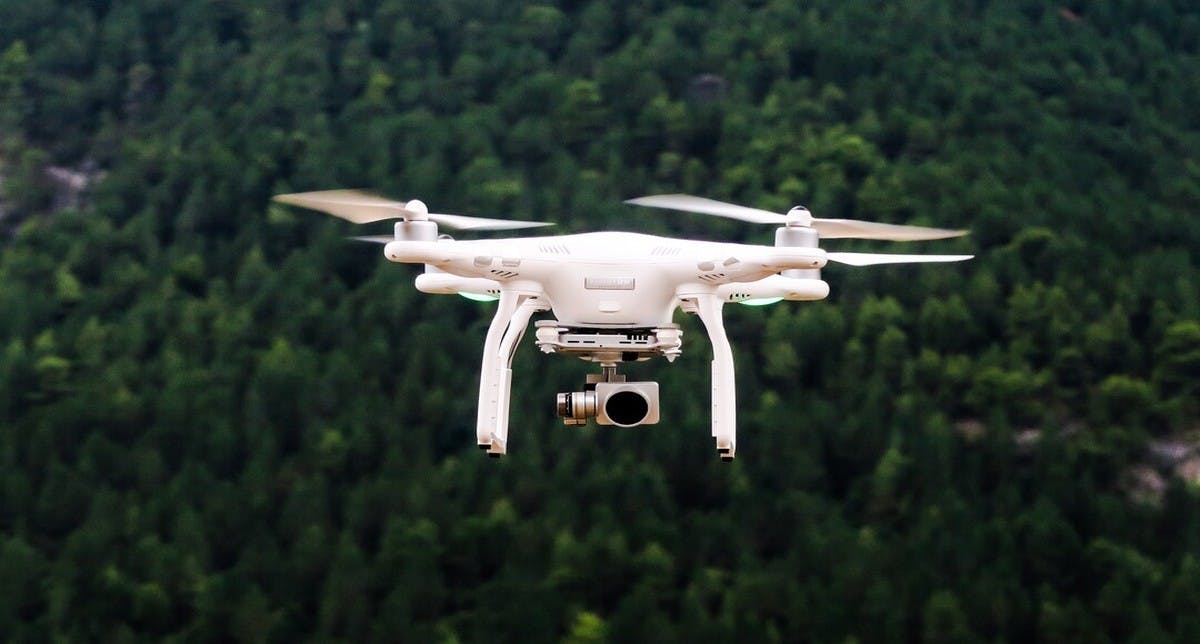We believe that drones are the future of transportation in the healthcare industry, making the journeys less costly and time-consuming.
They are becoming more and more technologically advanced and their potential applications in logistics and delivery are only growing. The covid-19 pandemic has shown us how important quick and reliable access to medical care really is, and this is an area where drones can make a big impact.
Medical experts have to move sensitive items every day, from pharmaceuticals to blood, lab tests, and medical devices. Time is one of the key factors in any of these logistics operations.
Drones offer a smart solution, bypassing the traffic, avoiding unsafe road conditions, and being able to easily reach more remote locations. For example, if we look at the blood products, they need to be transported quickly, safely, and under the right conditions. Moreover, blood can be damaged if it moves out of a specific temperature range. Flying drones for the purposes of blood and blood samples delivery presents a great solution!
Drones can also be very efficient in providing healthcare to patients in remote places or while mobile. In the future, small indoor drones could deliver medicine to the bedside of a patient from the pharmacy. This would lead to more rapid administration of medications. Nurses and pharmacists can work more efficiently as supplies can be delivered to the bedside instead of the time-consuming task of gathering necessary items.
When a medical expert visits patients at their home, blood can be drawn and immediately sent by drone to the lab to be tested.
Medication delivery to remote locations is a very big struggle faced globally, especially in developing countries that might not have strong transportation infrastructure in place. Drone companies have already made deliveries of insulin, children’s vaccines, and coronavirus vaccines using drones to bypass difficult conditions. Even within more developed cities, drones can cut down on diagnostics time and resources by delivering samples between hospitals and laboratories quickly.
We see another big opportunity in organ transfers. Organ transfers need extremely fast transportation and hospitals usually use helicopters or private jets to deliver the organ. Drones can be faster, safer, and more cost-effective. While the use of drones to transfer organs is a legitimate use case, it may require another year or two before this can be done effectively. There are companies doing this now, but they are mostly in the testing phase. The other legitimate use case for drones is for small medical devices like automated external defibrillators (AEDs). Drones could fly from the hospital, or from the emergency medical services, to an accident or disaster site to deliver AEDs or other kinds of small medical devices.
It will likely take some more time and cooperation with regulatory bodies to make medical drone transportation an everyday solution, but the future looks promising. We believe that drones offer the same key benefits to the medical community as they do to other fields!
Flying drones at Medical Logistics
At Medical Logistics, we’re a big fan of drones and our big goal is to start flying one by the end of this year for the purposes of blood sample delivery. We already started the collaboration with one of the drone companies here in the UK and we’re going to share some more updates soon!
Stay tuned for more!
